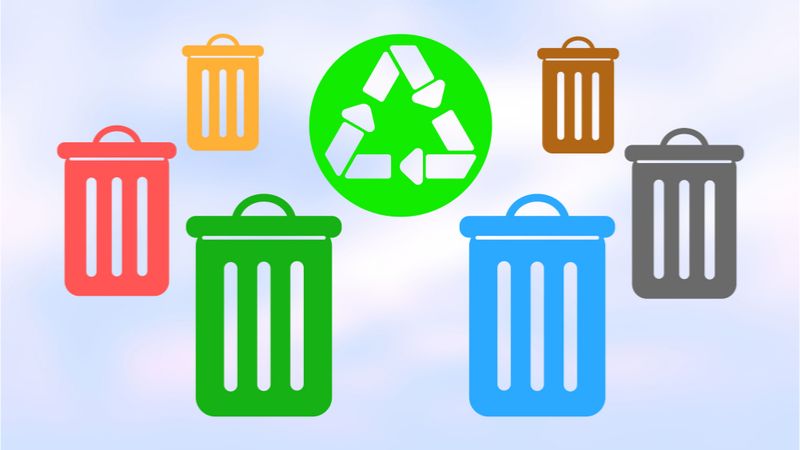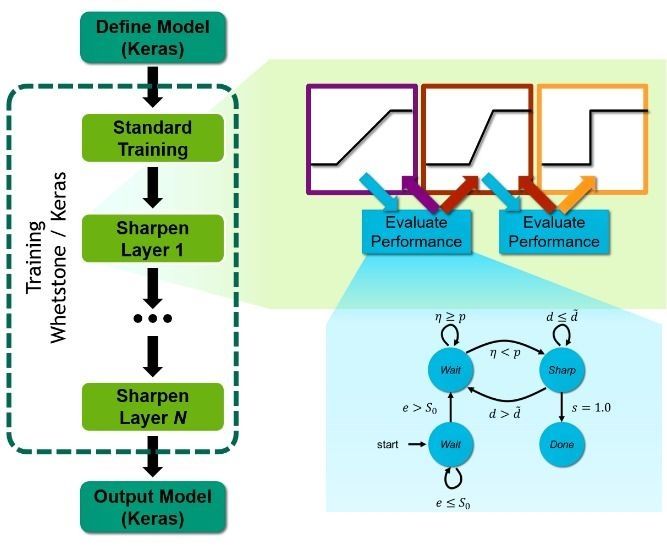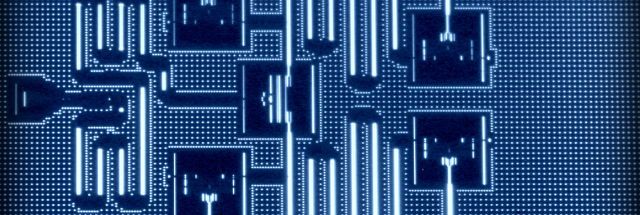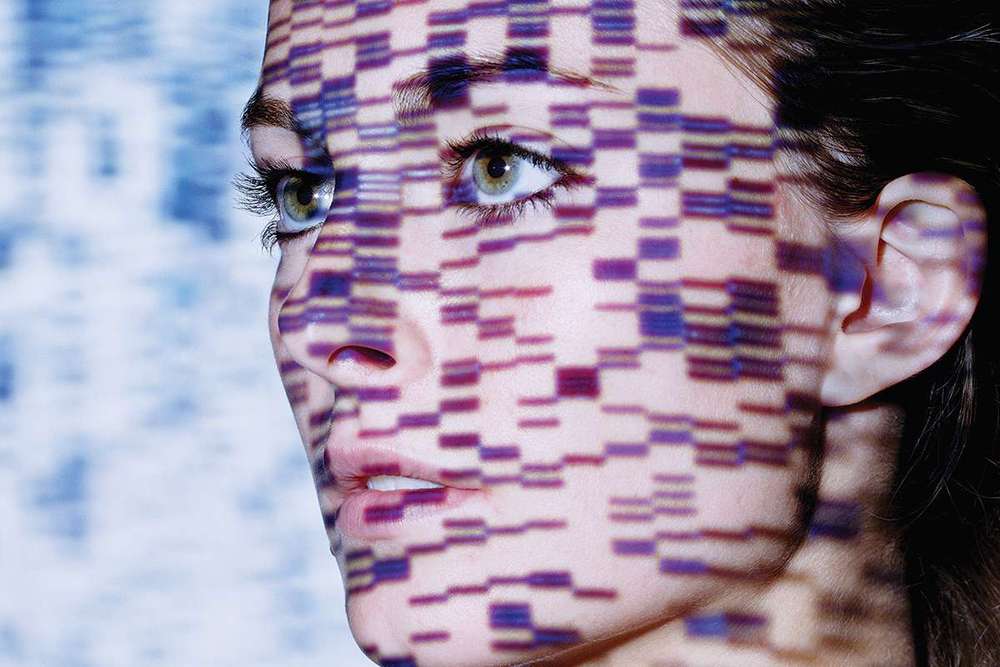
In order to remain healthy and functional, cells have a number of maintenance systems that help them to dispose of metabolic waste and unwanted proteins. Autophagy is perhaps the best-known example of how cells purge their waste, and another is the ubiquitin-proteasome system (UPS). Researchers are working on ways to boost the activity of the UPS to improve cellular health.
The ubiquitin-proteasome system
During normal cellular function, proteins being constructed in the cell can sometimes become misfolded and start to accumulate over time, which can cause the cell to become dysfunctional and encourage diseases such as Alzheimer’s to develop as the system gums up with bent and broken proteins.
Read more









